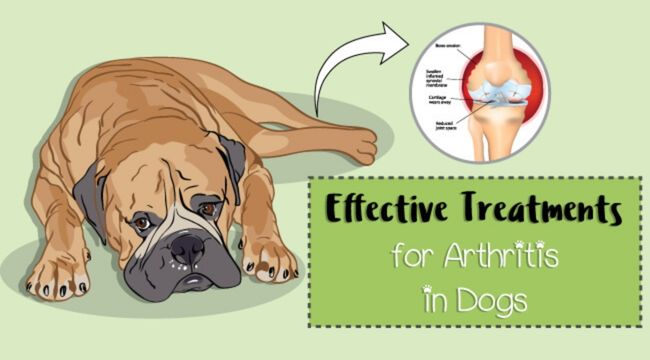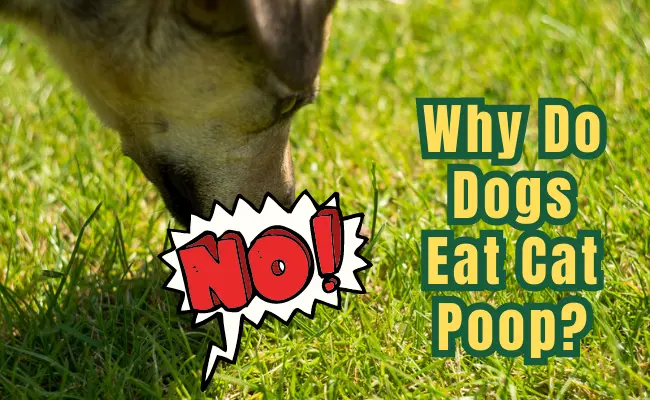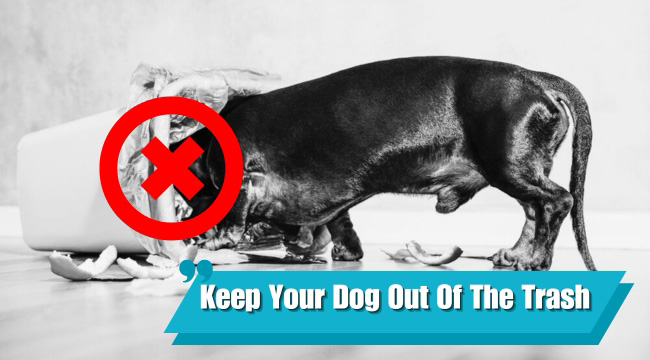
Waghound.com is an Amazon Associate, and we earn from qualifying purchases.
You may wonder what on Earth could stress your dog out! After all, their schedule generally consists of eating, sleeping, and playing. However, many factors can cause canine anxiety. The difficulty is that your dog cannot effectively communicate to you about the specific stimuli of the stress.
Therefore, it may take a while and close observation to understand the root cause of anxiety in your dog.
Common Causes of Dog Anxiety.
Separation- Where your dog has become hyper-attached to you or their primary caregiver. As social animals by nature, very few dogs like being left alone. Thus, separation anxiety affects a significant number of dogs. It can occur when they are left alone for even short periods and can lead to destructive behavior around the house, excessive barking, and even inappropriate urination.
Fear- where your dog has a genuine fear of new or strange people and pets in the house. Alternatively, visual stimuli, such as walking sticks or umbrellas. New, unfamiliar environments often can put a stressed dog on edge and extend travel or bad experiences at the vets, for example. Loud noises as part of noise phobia can also trigger anxiety.
Aging or underlying illness- Cognitive decline through aging can confuse, and this can, in turn, lead to your dog feeling anxious.
Underlying illness such as loss of vision or hearing can result in your dog being easily startled, resulting in anxiety. Other conditions, too, may make your dog more prone to becoming anxious. Encephalitis, an inflammation of brain tissue, can lead to anxiety behavior as again can thyroid disorders & pre-diabetes, to name a few.
Hence, it is highly essential to get your dog to see their veterinarian as soon as they start to display signs of anxiety and rule out any underlying health conditions.
Pharmaceutical Treatments.
Pharmaceuticals may be prescribed if your dog is suffering from severe anxiety. This is to the point whereby; they can no longer learn and be conditioned out of anxiety’s vicious circle. Think Valium, Prozac, Xanax, all used to treat humans suffering from a similar condition. These meds generally take several weeks to take effect before anything improves. While some dogs will be able to come off of these medications, some will be on them lifelong. Dogs can also suffer from withdrawal when coming off of these medications. It is argued that these medications simply mask the problem rather than getting to the problem’s leading cause.
Side effects of non-natural remedies such as these can include the following.
- Insomnia
- Seizures
- Increased or decreased appetite
- Drowsiness or lethargy
- Liver damage
- Upset stomach
- Skin conditions
Luckily there are many natural remedies available nowadays to treat dog anxiety.
1. Music therapy
Music has noticeable calming effects for humans, and a 2017 study from the University of Glasgow found it to have the same effect on dogs. Classic and reggae music were found to have the best result for dogs. The use of white noise can also be very positive for dogs suffering from noise phobia, as this can mask loud external noises.
2. Use scents
Use an essential oil in a diffuser to calm your dog at times of stress. Note that your dog has a much more powerful sense of smell than your own. Therefore, only use diluted oils. Provide your dog with a clear path to escape the scent if it becomes irritating to them too.
Here are some of the scents/oils you can experiment with:-
- To treat Separation anxiety– Vetiver, Lavender, Rose Hydrosol, Violet Leaf,
- To help with fear of loud noises, Hops, Cornflour, Rose otto.
- For general anxiety– Hemp, Violet Leaf, Roman Chamomile
3. Hemp Oil
Having garnered massive popularity for humans in recent times, hemp oil can effectively work with your dog’s nervous system, increasing serotonin production and generally calming your dog from an anxious state.
The great thing about hemp is that it gets to work very quickly, so it can be used in a reactive way when and where it is needed.
Great for travel anxiety too. Give a dose before an extended journey to calm your four-legged friend.
Hemp has very little by way of side effects too!
4. Herbs
Herbal remedies are also side effect free a great way to relieve anxiety. Administer as a tea or tincture, mix with food or in a water bowl.
- Valerian. A herbal sedative knows to relax.
- Chamomile. It will help to relax and soothe a nervous dog.
- St John’s Wort. A natural anti-depressant.
5. Homoeopathic remedies
Great for specific types of anxiety and side effects free. Use three pellets mixed into a food or water bowl.
- Phosphorus 30C. Great for all noise phobias.
- Aconite 30C. Great for fear in general.
- Gelsemium 6C or 30C. Great for separation anxiety
- Borax 6C. Relief from the loud noise of thunderstorms
6. Use of a calming dog bed
These specifically designed comfy calming dog beds, also known as anti-anxiety dog beds, are great for stressful times. For separation anxiety, they are second to none. The innovative shag covers mimic mom’s fur from the time when your dog was a pup and worked as a great soother. The unique donut shape allows your dog to nestle into and get an enclosed feeling of security. You may find that if your dog has a noise phobia that they retreat to their anti-anxiety bed as a safe haven at a time of great noise. This is an excellent option for dog anxiety as these beds are relatively affordable and can also be used in a preventative fashion. Even if your dog is not yet displaying signs of anxiety, get them one of these comfortable beds to ensure their future wellbeing!
Of course, there is no side effect associated with using a bed, and you do not have the hassle of continuously buying and administering supplements.
Final thought
Your dog’s wellbeing is paramount in importance. A healthy dog is a happy dog. Anxiety should be nipped in the bud quickly as it develops as it can snowball to the point where a mildly anxious dog is badly acting out very quickly. Remember, they are not intentionally misbehaving and do not raise your voice if you come home to pee or destroy cushion as an example. This shouting would just compound your dog’s notion that there is something to be fearful of. A combination of the treatments explained in this article can be utilized, and you should experiment to find out what works best for you and your pet. For example, you could use a diffuser near to a calming dog bed creating a relaxing atmosphere for your dog, even playing relaxing music at the same time!




